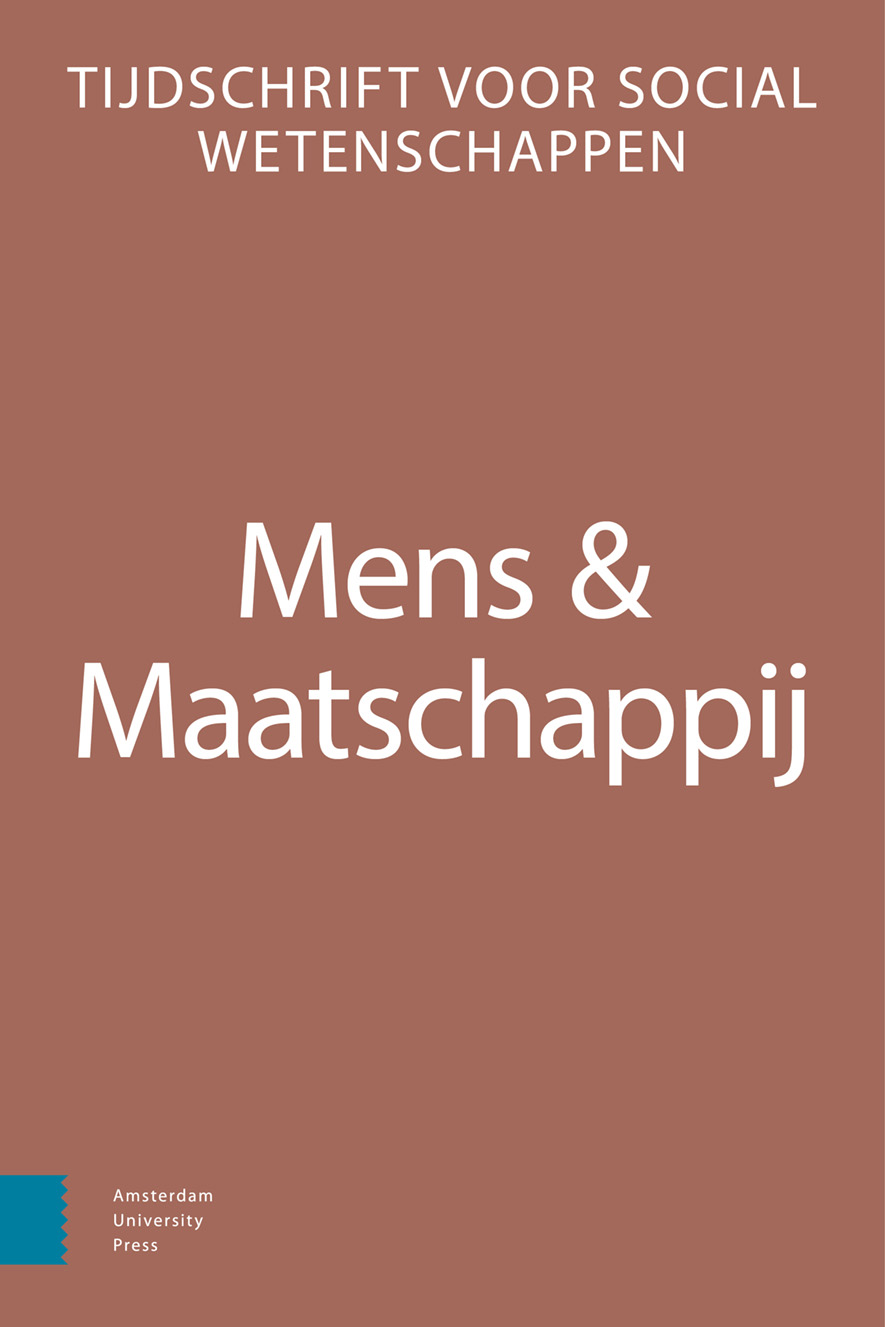-
oa Wie heeft profijt van het overheidsbeleid? - Kinderopvang in Zweden en België (Vlaanderen)
- Amsterdam University Press
- Source: Mens & Maatschappij, Volume 88, Issue 1, Jan 2013, p. 5 - 32
Abstract
Who benefits from government investment in childcare?.
The case of Sweden and Belgium (Flanders) Childcare is promoted at the national and European level as a policy instrument par excellence to simultaneously reconcile work and family duties and increase female employment rates. As a consequence, European governments increasingly deploy resources to subsidise childcare services. The main goal of this paper is to unravel who benefits from this government investment on childcare. First, we look into the social distribution of childcare use in European countries. Second, we depart from these results to analyse which income groups are the main beneficiaries of government investment in childcare in two countries (Flanders/Belgium and Sweden), and how the policy design contributes to the outcomes. We find that in almost all European welfare states childcare use is biased against the lowest income groups. Moreover, our case studies learn that the policy design plays a crucial role in these distributional outcomes. In Flanders, government investment disproportionally benefits the higher income families while the opposite is true for Sweden.


